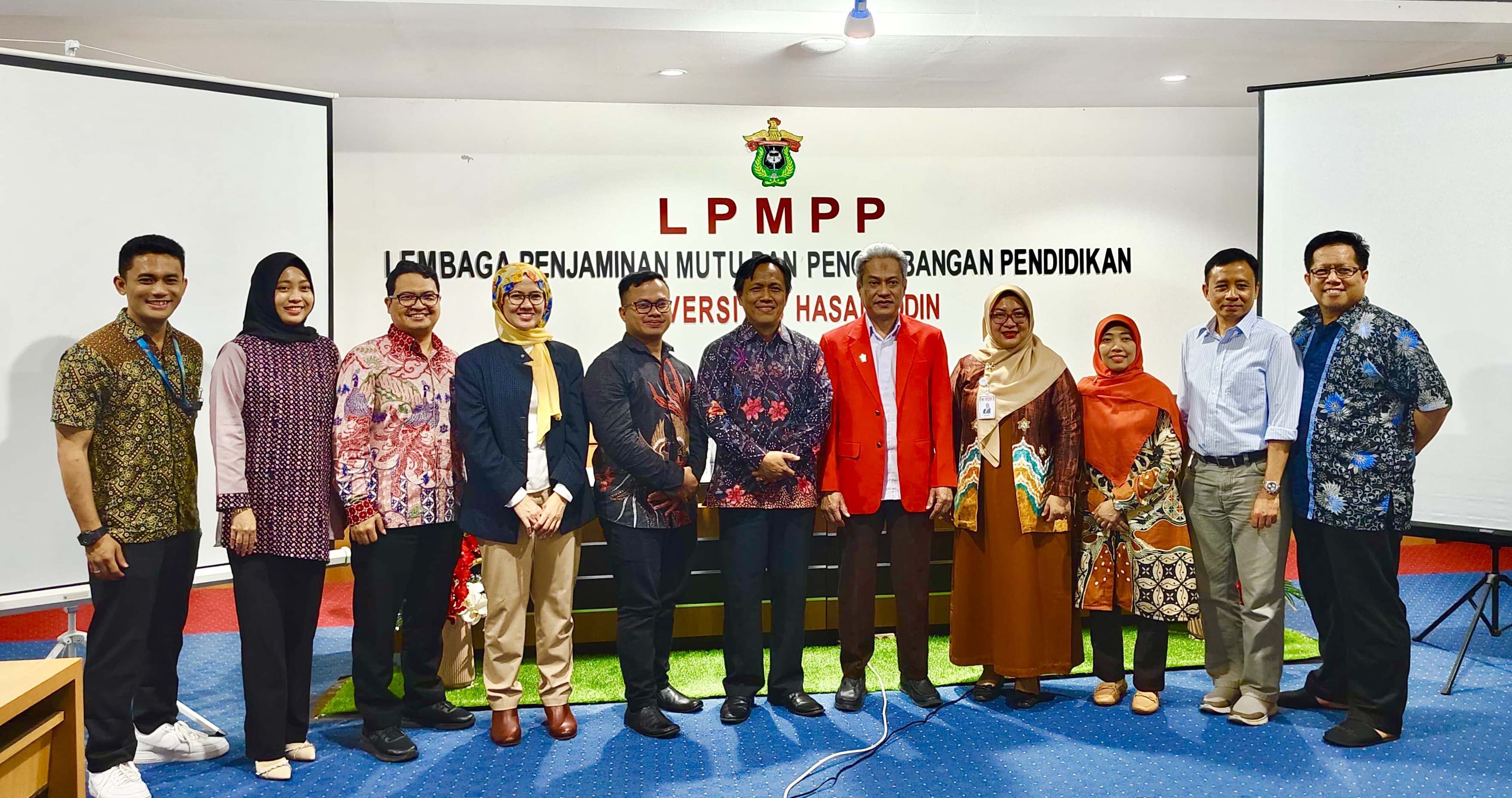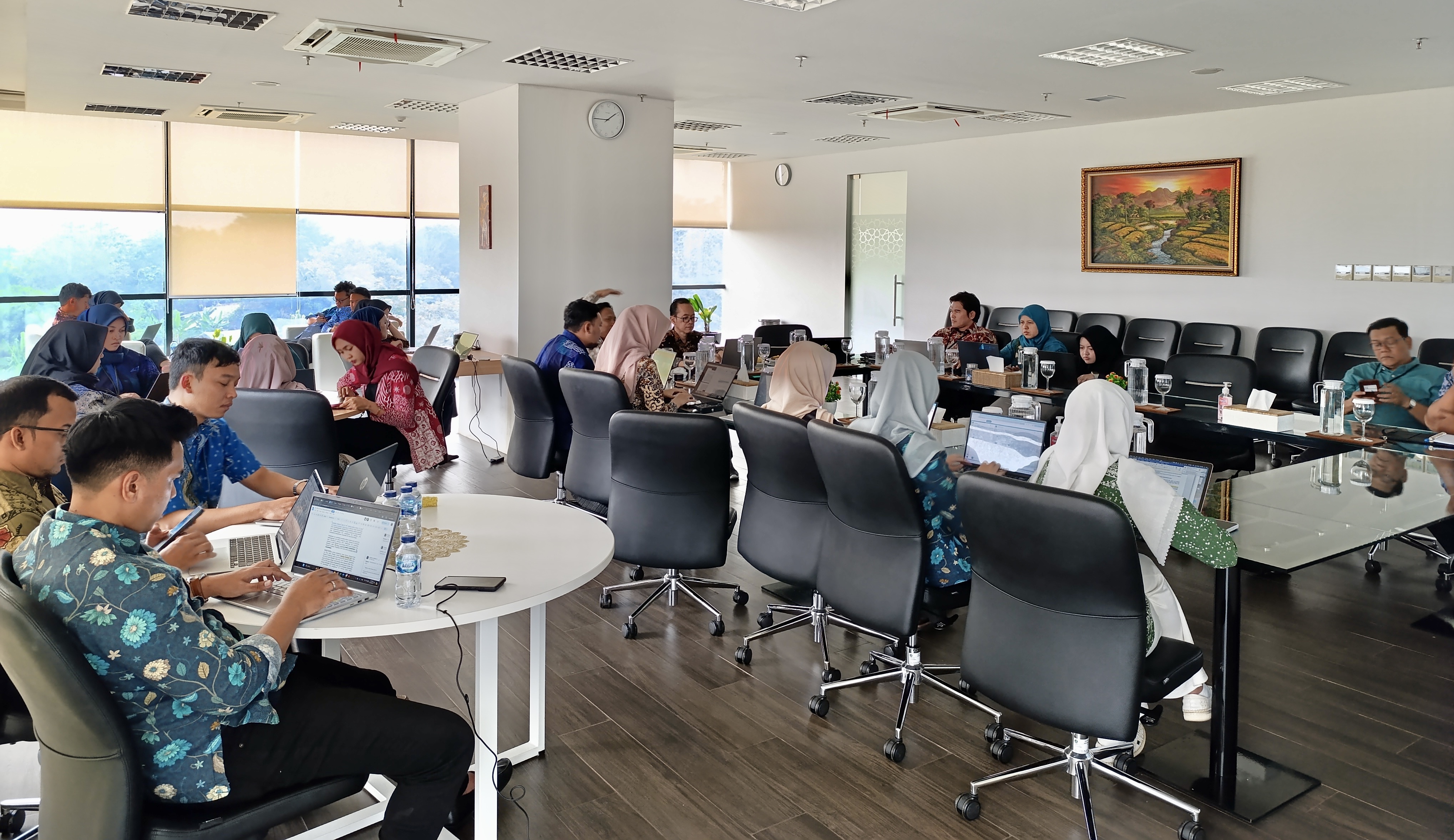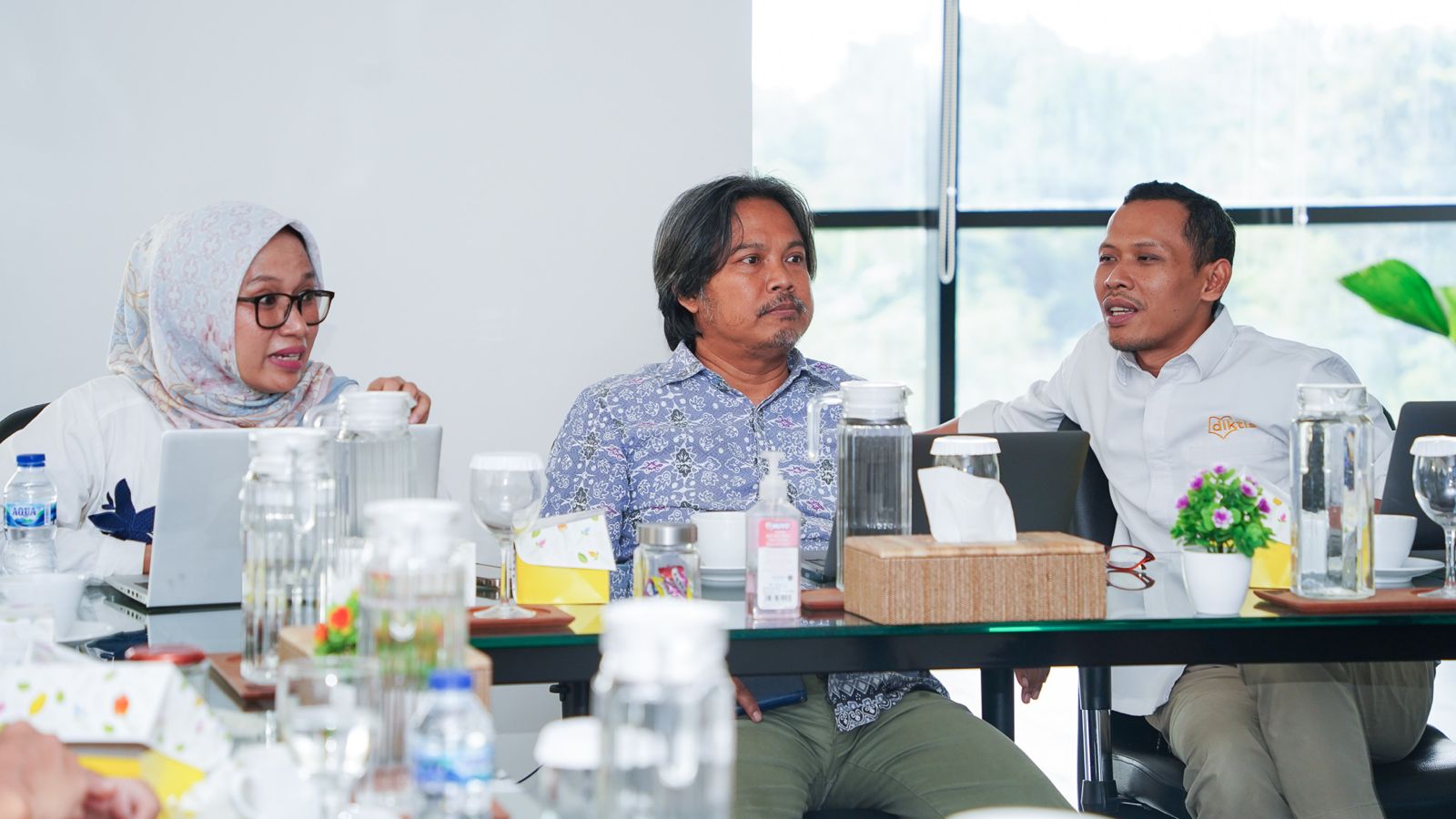Strengthening Research Standards: UIII Takes Steps to Establish Ethics Committee
September 26, 2024Contributor: Achmad Jatnika | Editor: Supriyono
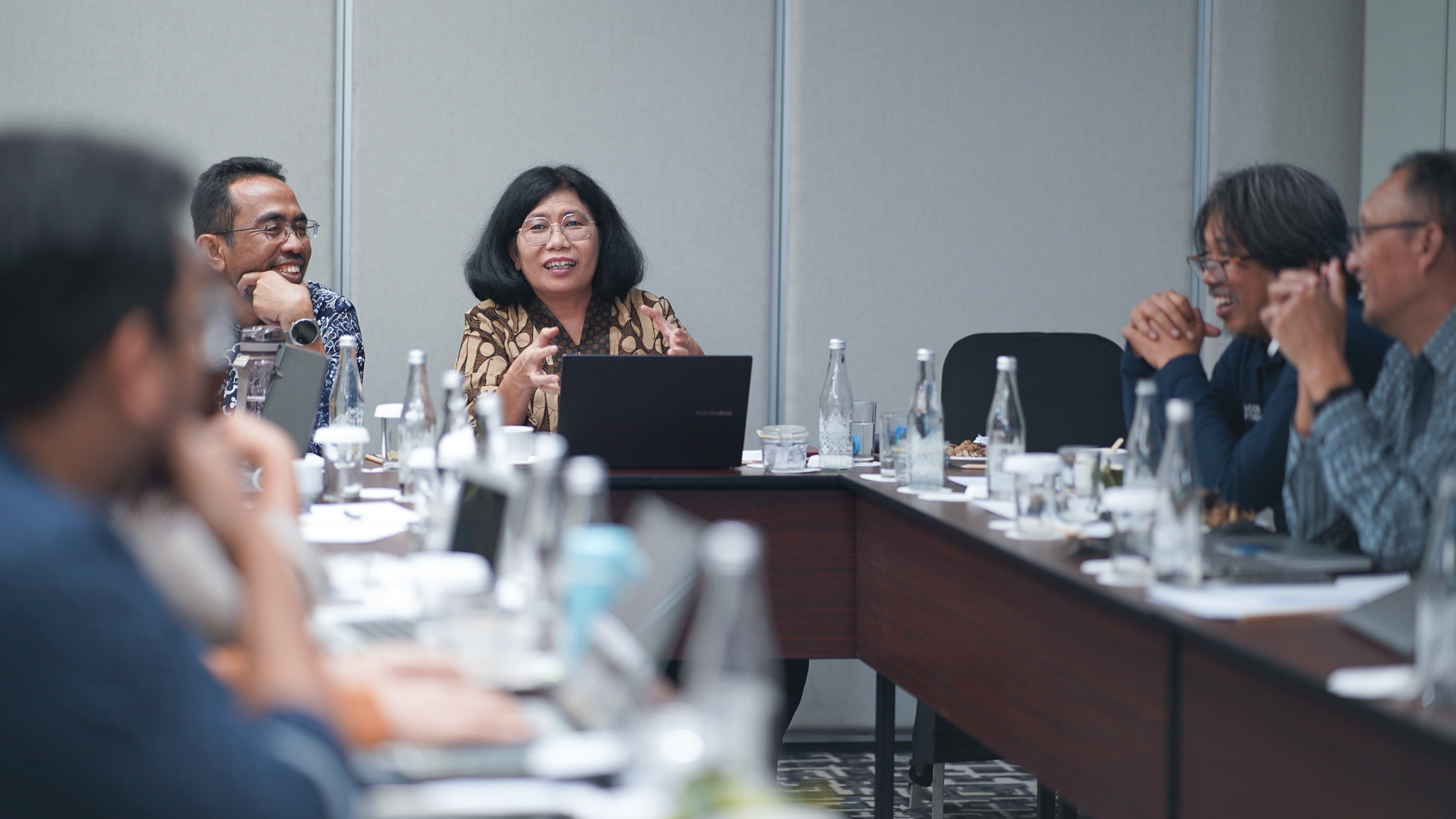
UIII is taking a significant step toward establishing its Ethics Committee, a move initiated by the Directorate of Research and Strategic Cooperation, aimed at enhancing its research standards on the international stage.
As part of this initiative, UIII invited Dr. Augustina Situmorang, a member of the Ethics Committee at the National Research and Innovation Agency of Indonesia (BRIN), to advise on the core principles of ethical clearance for research in the social sciences and humanities. The workshop took place on September 19-20, 2024 at the Mercure Hotel, South Jakarta.
UIII Rector Prof. Jamhari highlighted the Ethics Committee as a vital step in aligning UIII's research with international standards, reaffirming the university’s commitment to becoming a center of excellence in research and innovation.
At the event, Dr. Situmorang explained that ethical clearance serves as a vital tool to ensure that research is conducted with integrity and accountability. “Ethically sound research must be respectful, protective, and fair to its subjects, adhering to the norms of the society in which the research is conducted,” she said.
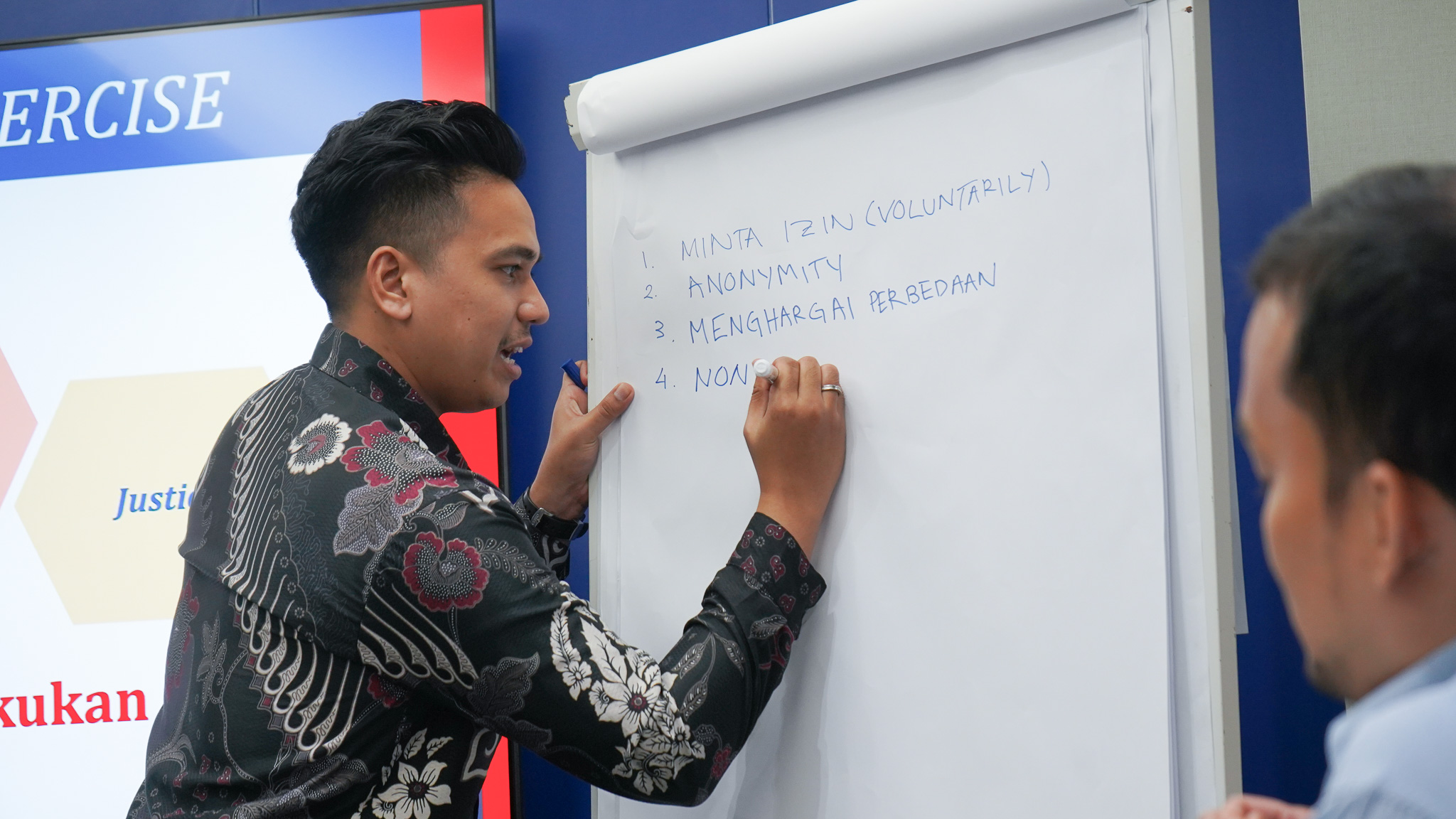
She emphasized that ethical clearance is designed to safeguard research subjects from physical harm, psychological stress or regret, social stigma or ostracization, and legal repercussions resulting from their participation in research. She, further, outlined three key principles of research ethics when working with human subjects, namely respect for persons and communities, beneficence, and justice.
On the respect principle, she emphasized the need to honor autonomy, uphold individual and community dignity, ensure protection for participants, and respect local cultures and traditions. Regarding beneficence, she underscored that researchers must aim to maximize benefits while minimizing potential harm. She also highlighted the importance of evaluating how research outcomes might affect participants.
Finally, on the principle of justice, Dr. Situmorang pointed out that researchers must maintain a fair balance between the burdens and benefits of research participation. She stressed that participants should be treated with consideration for their individual backgrounds and conditions, with special protections in place for vulnerable subjects.
The establishment of the Ethics Committee at UIII aims to ensure that all research conducted at the university adheres to rigorous ethical standards, fostering a culture of integrity and responsibility. By implementing these practices, UIII aims to elevate the quality and credibility of its research outputs, further strengthening its global reputation and supporting its mission to become a leading hub for ethical and innovative research.
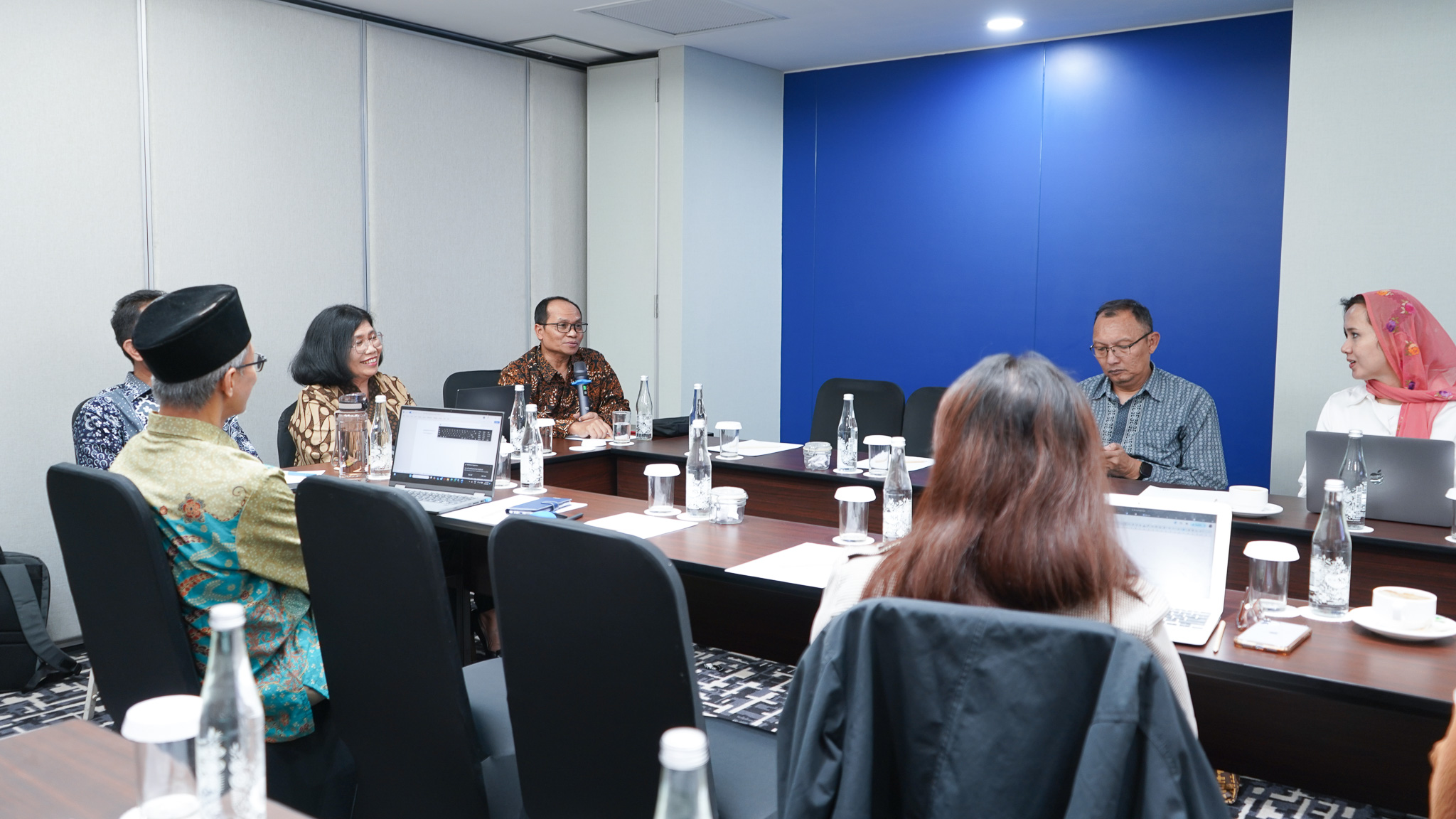
- UIII Extends Application Deadline for 2025 International Admissions
- What Does Eid al-Fitr Mean for the UIII Academic Community?
- UIII PhD Scholar Ararat Kostanian Delivers Lecture at Armenia's Yerevan State University
- Swedish Ambassador to Indonesia Applauds UIII’s Vision, Explores Future Collaboration
- Depok Mayor Supports UIII as the Green Lung of Depok and Beyond
- Depok Mayor Pledges to Build Performance Hall at UIII
- New Parking Facility Launched, Part of UIII-Sentra Medika Hospital Partnership
- Yogyakarta’s UII Won 1st FisFastFest’s Clash of Campuses
- Vice Minister of Religious Affairs Praises UIII as a Global Hub for Islamic Education
- Hurray!! UIII Wins Football Championship
